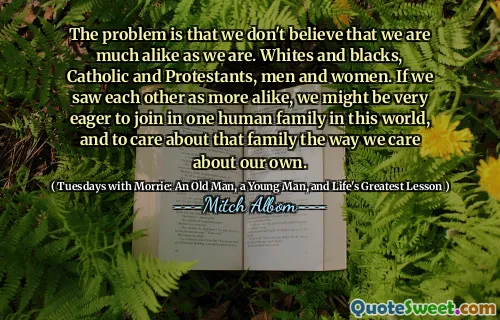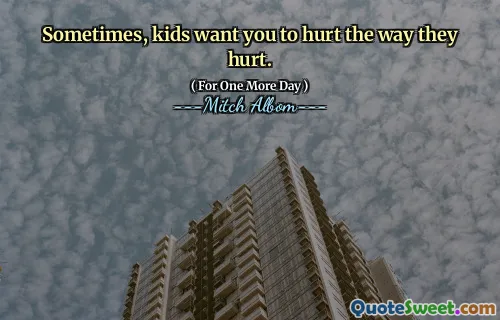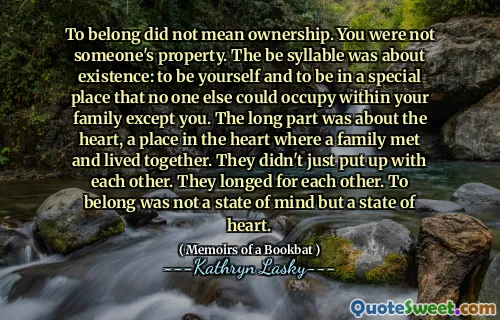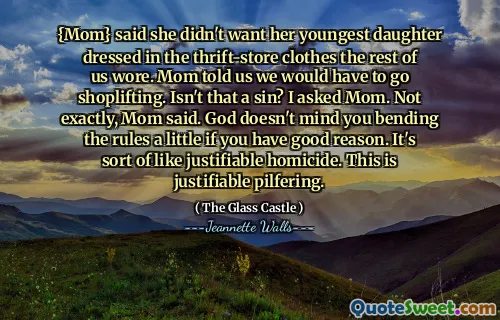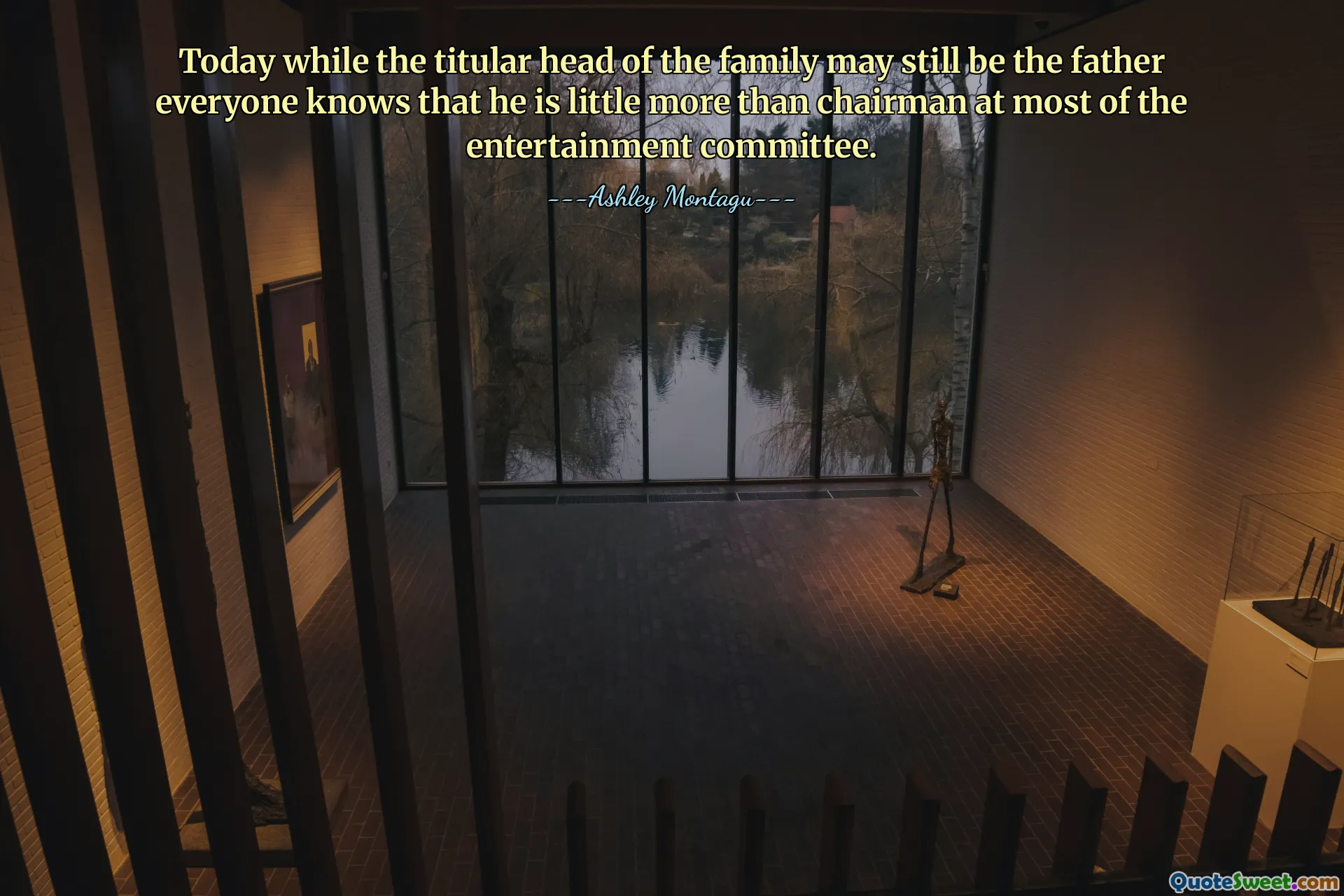
Today while the titular head of the family may still be the father everyone knows that he is little more than chairman at most of the entertainment committee.
This quote highlights the evolving dynamics within traditional family structures, reflecting on how roles once clearly defined are changing over time. Traditionally, the father was seen as the head of the household, responsible for decision-making, providing authority, and embodying leadership within the family unit. However, the phrase suggests that this authority has diminished in practical terms. While the father retains the official title or appearance of being in charge, his actual influence may have waned, relegating him to a figure more akin to a figurehead or a figure responsible mainly for social or entertainment-related activities. This shift signifies broader societal changes where authority figures, especially within families, are no longer concentrated in a single individual but are dispersed among various members or shared collectively.
From a cultural and social perspective, this could also underscore the idea of the modern family being less hierarchical and more egalitarian, with responsibilities and influence distributed more evenly. It points to how social roles adapt with changing times, values, and expectations. Moreover, the metaphor of a 'chairman at the entertainment committee' suggests a milder, perhaps even humorous, diminishment of traditional authority, emphasizing that the father’s role may now be more about overseeing enjoyable activities rather than exercising real power. This evolution might reflect the shift towards valuing personal relationships, emotional support, and collaborative decision-making over authoritarian rule.
The quote invites us to consider how societal structures transform and how the perceptions of leadership within personal domains reflect larger cultural changes. It raises questions about authority, respect, and the essence of leadership in the family context—whether it is about real influence or merely symbolic roles. Overall, it marks an intriguing commentary on modern family life and the changing nature of authority and responsibility.






